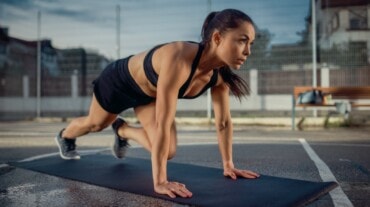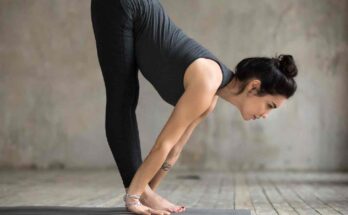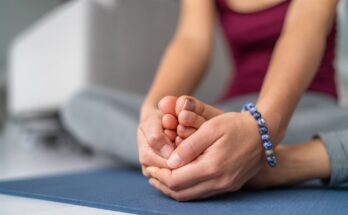Physical activity and mental health are often linked together. While listing the benefits of exercising or doing a physical activity, mental health always makes it to the list. Now a new study has revealed that regular physical activity helps to improve mental health of adolescents. Researchers from the Universities of Strathclyde, Edinburgh, Bristol, and Georgia in the US shared that regular moderate to intense physical activity between the ages of 11 and 13 was linked with better mental health. Let’s find out what all exercises adolescents can do regularly.
HealthShots connected with Mumbai-based fitness expert Anavi Someshwar, who says that children aged between 6 and 17 usually require approximately 1 hour of moderate to intense level exercise daily. This helps to maintain mental health and also develop stronger bones and muscles, and a healthy body fat composition.

She suggests that a good workout programme should include a combination of resistance and strength training exercises, stamina-building cardio exercises and development of skills like coordination, balance and stability. It’s important to also focus on recovery, mobility and flexibility to avoid injury and better performance during exercise. For an adolescent, if he or she plays sports, it would be a good idea to focus on skill development that’s required for the sport. For instance, agility, speed and coordination for football, and coordination for basketball.
Playing a sport regularly is the best exercise for a child, says the expert. It’s fun, builds confidence, works on strength and stamina, ensures enough outdoor time and also helps to develop a sense of healthy competition.
Exercises adolescents can do regularly
1. Squats
Squats are an important functional movement that ensures strong legs, glutes and core. When performed under the right guidance, you can proceed to jump squats or single leg squats.
How to do squats?
• Keep your feet shoulder width apart while keeping your back and chest upright.
• Hinge forward, driving your hips back and bend your knees so that your hips are in line with your knees and your thighs parallel to the floor.
• Maintaining equal pressure on your feet, rise up while squeezing your butt in.
2. Skipping
Performing jump rope variations is the best form of exercise a child can do. Not only does it get the heart rate up and racing (building stamina), it also works the entire body, says Someshwar. It helps to build lower body strength, a strong core, and works on coordination. With the multiple variations you can perform with the skipping rope, it’s also super fun and does not get monotonous.
How to do skipping?
• Standing with your feet a few inches apart, jump lightly off the balls of your feet while maintaining the rhythm of the rope and the jumps.
• Try single leg skips, alternate skips, double unders, criss cross skips and keep exploring.

3. Wall push ups or knee supported push ups
Push ups can be intimidating, as it’s a hard exercise to perform. Your body’s entire weight gets loaded on your shoulders when you do push ups. However, beginning to master the movement by performing wall push ups or knee supported push ups is a great way to work on building the upper body strength to finally getting to a point of a full range push up.
How to do wall push ups or knee supported push ups?
• Start with your hands slightly wider than shoulder width apart either on the wall or the floor.
• Slowly begin to lower your body, treating it a single unit from head to ankle or knee.
• Once you’ve reached your maximum range, exhale and push back up as a single unit again.
• Imagine you have to make a triangle with your hands that are on the floor and your nose, so drop your chest in between your palms and not your nose. Your nose is a few inches ahead. Ensure your elbows are pushing back and not out.
4. Mountain climbers
It’s another movement that focuses on the entire body — legs, arms and core.
How to do mountain climbers?
• You can start in a plank position with your palms kept on the floor.
• Slowly tuck one knee in towards your chest and take it back out and alternate the legs.
•Focus on pushing away from the ground, keeping maximum space between your ears and shoulders without shrugging.
• Squeeze your lower belly when you pull your leg in towards your chest and squeeze your glutes as you extend your leg out.

Someshwar says that most exercise routines are safe for teens to perform, including weight bearing exercises. However, an adolescent should not proceed to using external weights or resistance if he or she is not performing the body weight movement with the right form and technique. It should also be noted that no exercise should be performed using weights without the guidance of a professional fitness coach.
Source link




